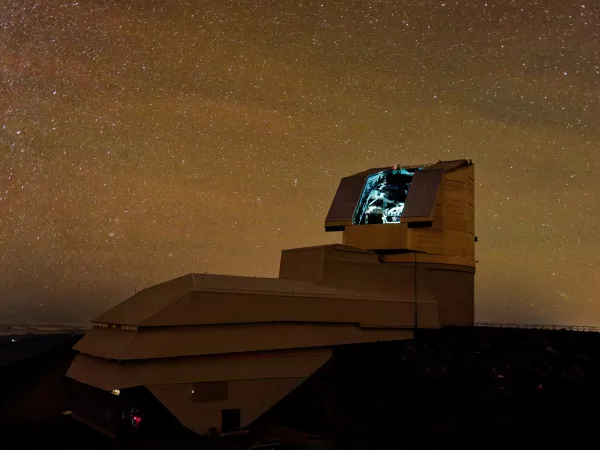Where is Everyone, Really?
The Fermi Paradox has haunted thinkers for decades. With billions of stars in our galaxy, many of them older than the Sun, and a high probability of Earth-like planets, it seems almost inevitable that intelligent life should have arisen elsewhere. Yet, we see no signs of it. No signals. No structures. No evidence. This silence is what physicist Enrico Fermi distilled into a deceptively simple question:
"Where is everyone?"
Traditional responses fall into two camps. One argues that intelligent life is extremely rare or self-destructive, and thus we are early, alone, or lucky. The other suggests life is abundant, but something about the nature of intelligent civilizations, or the universe itself, prevents them from being visible to us.
But what if the premise is flawed?
What if we’ve been looking for the wrong kind of presence?
The Filters We See Through
The Great Filter hypothesis suggests there’s a stage in the evolution of life that is nearly impossible to pass. Maybe it’s the leap from single-celled to multicellular life. Maybe it’s the jump from intelligence to technology. Or maybe it's ahead of us, something most civilizations don’t survive.
But filters aren’t just physical or biological. They're also cognitive. Cultural. Symbolic.
Every attempt to make sense of the cosmos passes through the lens of what we expect to find.
We expect radio signals. Dyson spheres. Probes.
But intelligence might not express itself in ways recognizable to us.
What if advanced civilizations internalize? Miniaturize?
Or bypass physical expansion entirely in favor of inner dimensions we haven’t yet conceptualized?
Many Layers of Real
Perhaps we’re searching the surface of a multilayered reality. What we perceive as the cosmos may be only a thin veneer of the total structure. Imagine consciousness, time, matter, and energy braided into strata, some accessible only through certain states of awareness or alignment.
From this perspective, the silence might not be due to absence, but to our incompleteness. We might be looking through an uncalibrated lens, seeking echoes in airless space when the real symphony plays in a medium we haven’t tuned to yet.
Becoming the Signal
There’s a radical possibility in all this: that we are not meant to find the signal, but to become it. Not to witness the transmission, but to be the beginning of a new one.
To reframe the paradox, maybe the question isn’t
Where is everyone?
but
What does it mean to become a presence worth discovering?
And if that’s true, then the silence isn’t a void.
It’s a canvas.
One we are just beginning to paint.

